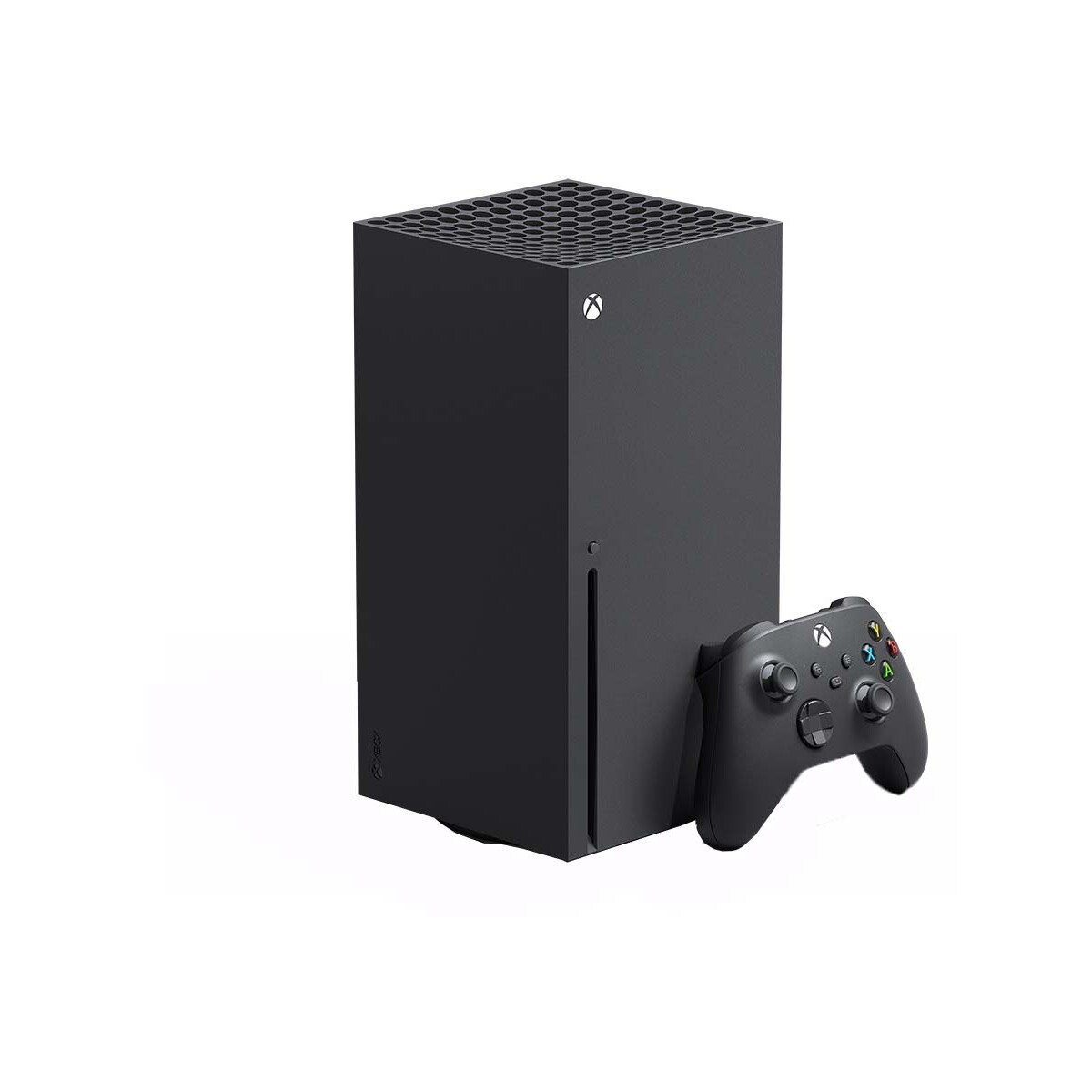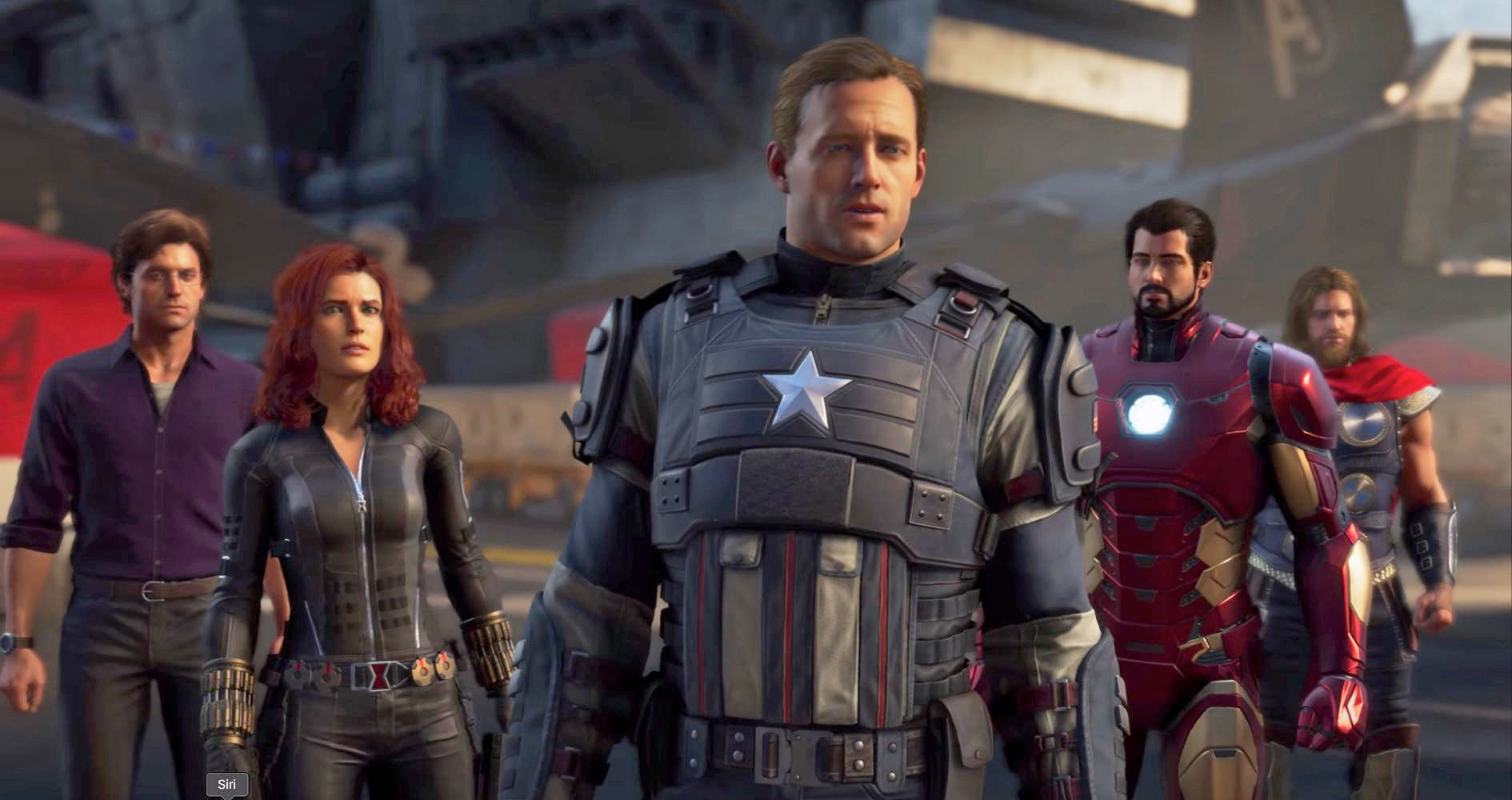A few months back, Bethesda revealed that their upcoming titles Starfield and The Elder Scrolls VI would be Microsoft exclusives. This upset a lot of Bethesda fans who have been waiting for these games for a long time. But this isn’t really the first time that fans have been disappointed due to exclusivity. So, is exclusivity in gaming inherently bad, or is it just another part of the gaming industry that we need to accept? This post will explore game exclusivity: what it is and whether it’s a good or bad thing.
So, what is game exclusivity?
As a predominately PC player, the first time I heard about this was when I worked at a Video Game store. I would often get asked which console was the best choice, and one of the variables that I would discuss with the customer would be exclusives. For example, if someone wanted to play The Last of Us, grabbing an Xbox would very much not be the best choice. So overall, this is really a huge factor in deciding what system to go with.
Exclusivity as its core is when a certain game or even an entire studio signs a deal for their game to only be available in one place. This often means either Sony (PlayStation), or Microsoft (Xbox). You could also argue that Nintendo has a similar set up, where most if not all of their own games they develop are never available on other platforms either. At its core, the concept of exclusivity puts an extra paywall between players and the games they want to play. If you want to play an exclusive game, you need to fork out the cash to have the right platform to play it on.

Is this a bad thing?
The biggest downfall of exclusivity is by far, the FOMO it creates. For many, the knowledge that a new game coming out on something they cannot access is quite frustrating. Additionally, it also means that people with less financing security, often find they miss out as it’s not often possible to afford more than one console.
It also hits extra hard when games that had previously been available on all platforms, suddenly go exclusive. This is most certainly the case with Bethesda, whose games had been available on all platforms previously to them being bought by Microsoft.
Some games have started to even involve exclusivity within games they have not made exclusive. For example, in the recent Marvel’s Avengers, only users playing on PlayStation were able to access the fan favorite character Spider man. This meant on PC or Xbox, Spidey was locked out purely because players weren’t playing on a certain platform. The frustrating thing about this technique of course, is that players are paying the same price for less content if they are playing it on PC or Xbox vs PlayStation purely due to the platform they have access to.

Could it possibly be a good thing sometimes?
One of the reasons that some claim exclusivity can be a good thing, is that it means games can be more catered towards the specific platforms they will be on. Bethesda director Todd Howard stated in regards to Bethesda games going exclusive that it would actually lead to a better product. This was due to Bethesda being able to optimize the game for only 2 platforms and not 3 or even more.
The launch of Cyberpunk 2077 showcases how stretching a game out over multiple platforms at once can lead to issues. The release of the game was absolutely busted on last gen consoles. Busted to the point that the game was pulled from the PlayStation store due to all the requests for refunds. This goes to show how complex creating a title for multiple platforms can be. Keeping games exclusive can be an element in remedying it.
Another benefit for console exclusives, is competition. As we can see in the Intel vs AMD race, competition is very good for innovation. It leads to better products on all sides, and the removing of exclusive could lead to the lack of incredible titles. For example, The Last of Us was really only possible due to Sony’s architecture. The project could have drastically suffered if they also made it for other platforms, thus encouraging Microsoft to create a title just as good to compete with The Last of Us.

So, will we ever have a solution?
With the ever-rising popularity of PC gaming taking over, it’s possible we might. Many popular previous exclusive PlayStation titles have found their way to the PC. And majority of Xbox titles have done the same. Also, with things like cross play become more common place these days, it’s entirely possible that less and less exclusive titles could be on the horizon.
But its entirely hard to tell. For companies like Microsoft, Sony and Nintendo, exclusives just make sense financially. They contribute to more sales of their systems, and to remove them entirely will probably never happen. But it would also be somewhat naive of them to not take on board how popular PC gaming has become and not take advantage of that also.
What do you think? Are you for or against game exclusivity? Let us know your thoughts in the comments below. And if you enjoyed this long-form type of post, feel free to check out more of them HERE, or jump over to our YOUTUBE channel to see even more great content from us.



